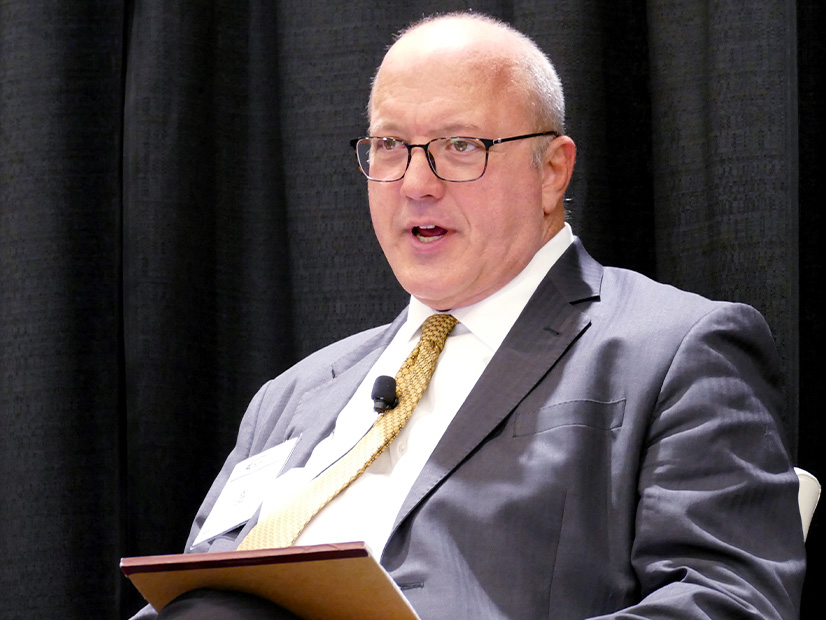An expected tsunami of solar resources setting up shop in Texas has led to an immediate need for ERCOT to understand and set ride-through requirements for inverter-based resources (IBRs), according to a Texas energy expert.
The Texas grid operator had more than 22 GW of solar capacity operational when 2024 began and expects that to exceed 30 GW by year-end, with more to follow. ERCOT has set numerous records for solar production this year, the most recent coming Feb. 19 at 17.2 GW.
Two IBR-related voltage disturbances in West Texas in 2021 and 2022, dubbed the Odessa Disturbances I and II, have led to ERCOT working with stakeholders on a nodal operating guide revision request (NOGRR245) to improve the clarity and specificity of IBRs’ voltage ride-through requirements. The change would align the ISO’s rules with NERC reliability guidelines and the most relevant parts of the Institute of Electrical and Electronics Engineers standard for IBRs interconnecting with the grid.
“One of the things that really added a sense of urgency to this issue was the fact that the projection for growth of solar in ERCOT was very significant,” Jewell and Associates principal Michael Jewell said during a Talk with Texas RE event March 12. “We’ve seen that kind of growth already happening since the Odessa events, and that growth is continuing. The need to address this issue has remained very high.”
The guide change is tabled at the stakeholder-led Technical Advisory Committee meeting to allow for additional negotiations between ERCOT staff and clean energy developers. The NOGRR is expected to be taken up again during TAC’s March 27 meeting. (See “Stakeholders Continue Discussion of IBR Reliability Requirements,” Technical Advisory Committee Briefs: Jan. 24, 2024.)
Under the rule’s initial requirements, all IBRs with a standard generation interconnection agreement executed on or after Jan. 1, 2023, would have to comply. All other IBRs would have to comply within 12 months of the NOGRR’s approval, with an extension of up to 12 months.
“SCADA [supervisory control and data acquisition] data was not necessarily detailed enough to be able to catch what was going on,” Jewell said. “High-resolution data really became a focal point … and a real strong need for accurate inverter settings.”
Stakeholders have pushed back against the timeline. They also have been concerned with issues regarding existing exemptions for ride-through requirements already in place and whether they will be repealed.
“Stakeholders continued to point out that there have been multiple examples of grandfathering existing resources from new requirements that this was something that really should be considered,” Jewell said.
Original equipment manufacturers (OEMs) of IBRs have said a limited pool of resources to retrofit existing IBRs could delay the time it will take to make the upgrades. Staff and stakeholders also are looking at alternative solutions for mandating testing requirements that have not yet been developed.
“To say that there have been a lot of comments that have been filed with regard to 245 would be an understatement,” Jewell said, referring to the nearly five dozen comments submitted. “It’s a significant amount of data that’s been provided, and ERCOT has been wrestling with those and making some making some changes.”
Jewell told his audience progress has been made to address issues at the facilities affected by the Odessa disturbances with software and firmware changes. ERCOT is expected to file another set of comments, after which the clean energy stakeholders will file their responses before the TAC meeting.


